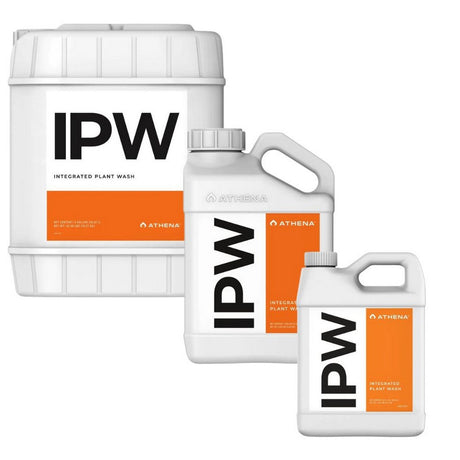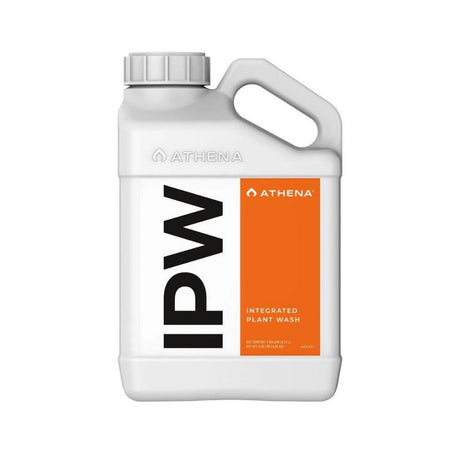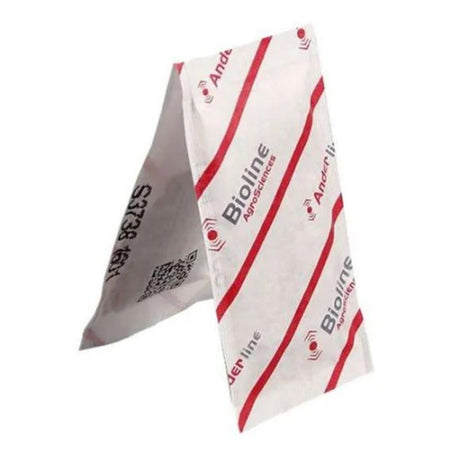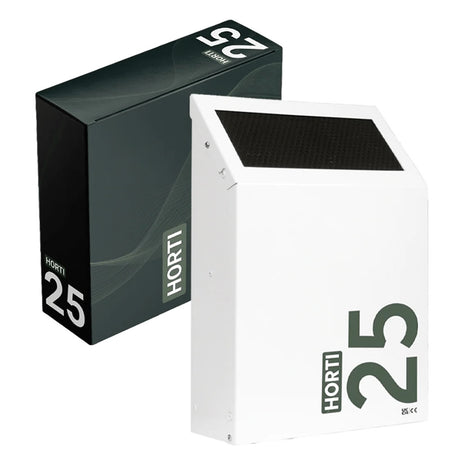Spider Mite
Spider Mites are small and hardy arachnids that have the potential to cause serious damage to plants if not dealt with. These pests are especially problematic when found on crops intended for human consumption because they require stronger chemicals to eradicate than other pests. Total eradication demands a ruthless and thorough approach, with multiple applications of pesticide needed to break the cycle, with any left alive free to reproduce quickly.
Thankfully we've got you covered with a comprehensive range of Spider Mite control products. From smoke bombs to leaf drench concentrates, you'll be able to deliver a knockout blow to these robust pests.
A bit more about Spider Mites
Here are several reasons why spider mites are considered detrimental to indoor gardens:
Rapid Reproduction: Spider mites reproduce quickly, with a short life cycle of about a week or two. This means that a small initial infestation can quickly escalate into a major problem, causing widespread damage to your plants.
Feeding Behavior: Spider mites feed on the plant cells by piercing them and extracting the contents. This feeding behaviour causes stippling, which appears as tiny, discoloured dots on the leaves. As the infestation progresses, leaves may become yellow, dry, and eventually drop off, leading to a decline in plant health.
Webbing: Spider mites produce fine silk webbing on the affected plants. This webbing serves as a protective barrier, making it difficult for natural predators (such as ladybugs) to reach and control the mite population. The webbing also reduces the plant's ability to photosynthesize effectively.
Reduced Photosynthesis: As spider mites feed on plant cells, they impair the plant's ability to photosynthesize. Reduced photosynthesis results in a decrease in the plant's overall vigour and can lead to stunted growth and poor fruit or flower development.
Plant Stress: The damage caused by spider mites induces stress on plants. Stressed plants are more susceptible to other diseases and environmental stresses, making them overall less resilient.
Difficult to Detect: Spider mites are small and often go unnoticed until a significant infestation has occurred. By the time visible symptoms appear, the population may be challenging to control, requiring more aggressive measures to eradicate them.
Chemical Resistance: Over time, spider mites can develop resistance to certain pesticides. This resistance makes it more challenging to manage infestations using conventional chemical treatments.
Persistent Nature: Spider mites can be challenging to completely eliminate from an indoor garden. Even if you manage to control the initial infestation, the mites may reappear if not thoroughly eradicated.
Given these factors, it's essential to monitor your indoor garden regularly, especially the undersides of leaves, where spider mites often congregate. Early detection and prompt action are crucial to preventing a small infestation from becoming a severe problem. Integrated pest management (IPM) practices, which combine cultural, biological, and chemical control methods, are often recommended for effective spider mite control in indoor gardens.



















